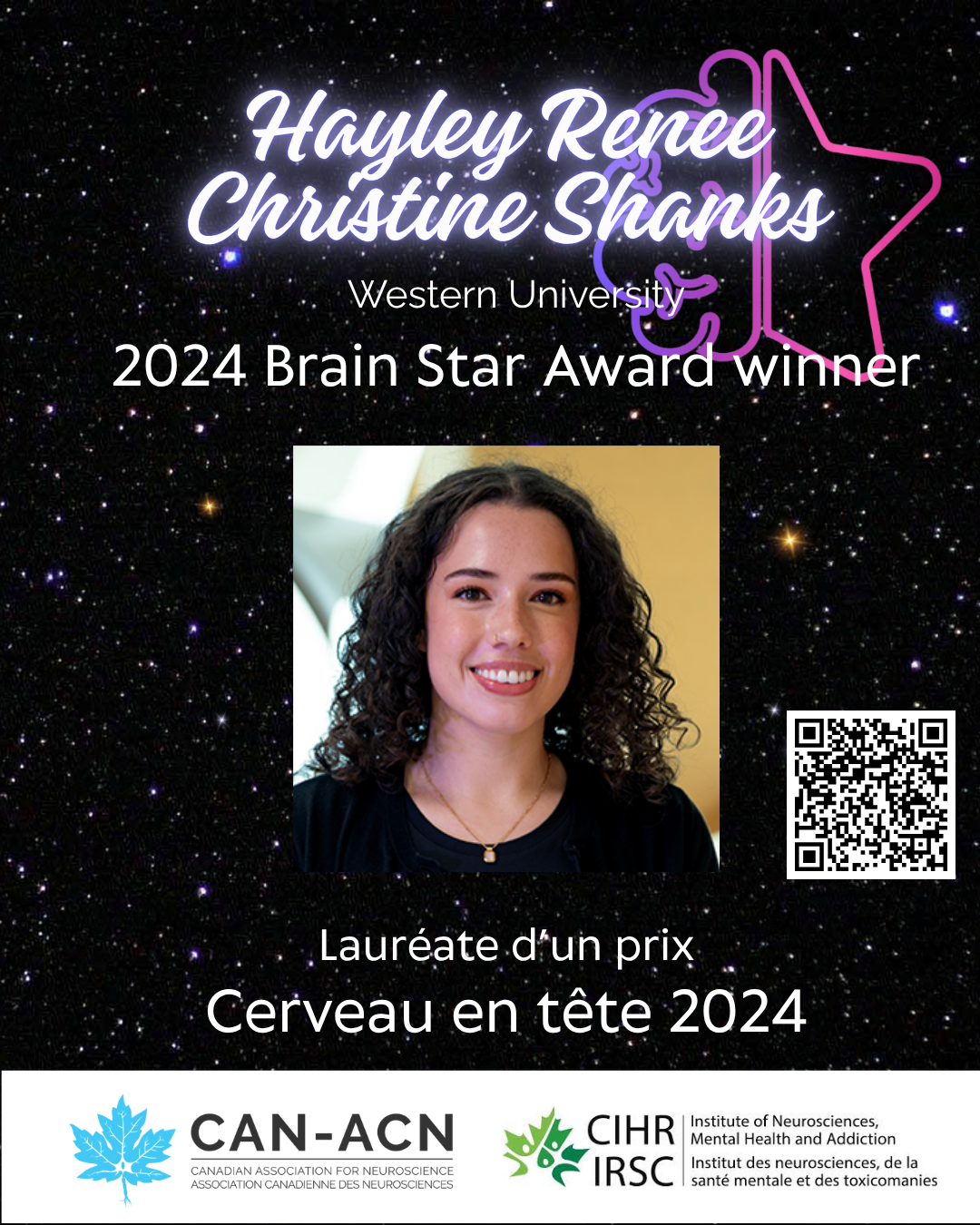Phase 2a clinical trial reveals a small molecule called LM11A-31 is safe and slows progression of many features of Alzheimer’s Disease
Alzheimer’s disease (AD) is a debilitating neurodegenerative disorder for which there is no cure. Therapeutics available to the approximately 734,000 Canadians living with AD provide symptom management without slowing disease progression. Hayley Renee Christine Shanks, working in the laboratory of Dr. Taylor Schmitz at Western University, adopted a novel approach to AD therapeutics by targeting “deep biology” — that is, receptors that control multiple fundamental cellular pathways and may therefore normalize multiple pathological processes underlying AD. This “deep biology” target, called the p75 neurotrophin receptor (p75NTR), plays a critical role in determining whether cells degenerate or survive. This receptor was discovered approximately 30 years ago and is widely studied in the fields of developmental neuroscience and neurology.
In AD, p75NTR is a key receptor that mediates neuronal dysfunction, neurodegeneration, and glial reactivity. Research in AD mouse models indicates that modulation of p75NTR with a small molecule called LM11A-31 promotes neuronal resilience and reduces neuroinflammation. Building on this work, Shanks et al. (2024), Nature Medicine, was the first publication to examine selective modulation of p75NTR in individuals with AD.
Read the full story here: https://can-acn.org/brain-star-award-winner-hayley-renee-christine-shanks/
Read the original research article here:
Shanks, HRC, Chen, K, Reiman, EM, Blennow, K, Cummings, JL, Massa, SM, Longo, FM, Börjesson-Hanson, A, Windisch, M, Schmitz, TW. p75 neurotrophin receptor modulation in mild to moderate Alzheimer disease: a randomized, placebo-controlled phase 2a trial. Nat Med 30, 1761–1770 (2024). https://doi.org/10.1038/s41591-024-02977-w

